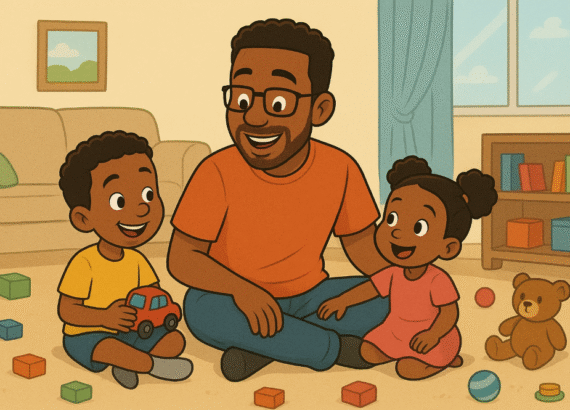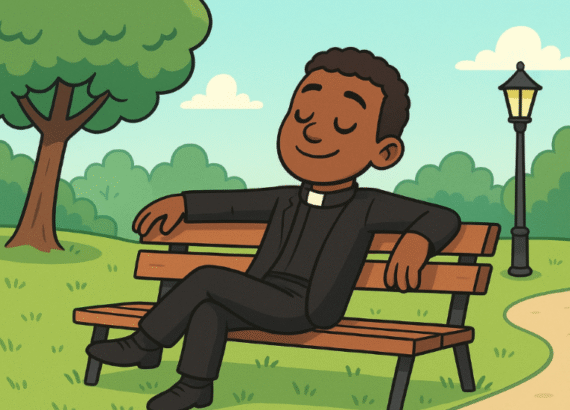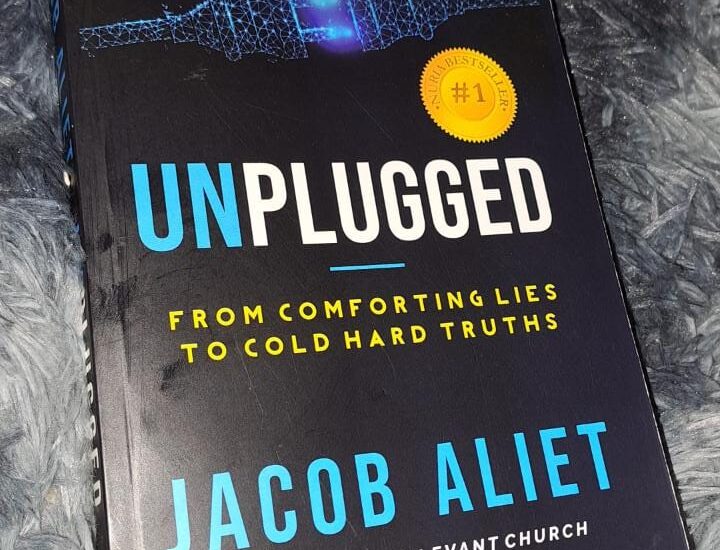I don’t like to talk about death. I don’t think anyone really does. And if you do, then you truly have a problem. I don’t like reading about death either, because I feel however much I read, I will still not understand the concept of death in its entirety.
What I don’t like even more is that I don’t know what to say to someone when they lose a loved one. I can’t say ‘It will be okay’ – will it? I can’t say ‘My condolences’- yeah, what else is new? I can’t say ‘I feel for you’ – it sounds pretentious.
Even more so, I can’t say ‘I understand how you feel’ – because really, do I?
I too have lost loved ones, and even though in a way that makes me – and by extension all of us – similar to someone else who has lost someone, purely on the fact that the constant is loss; I may never understand what someone else is going through. How they feel… How they think… The rationale behind their actions after… I don’t understand that, and I have tried.
So when I saw a post by Austine Arnold on Facebook, sometime in September 2020, about a book he wrote detailing his experience and emotional journey through loss, I was curious. I wanted to read the book to give me an insight into how people feel, what they want to hear, how they want to be handled. I felt through someone’s vulnerability, I may very well get to understand the whole spectrum of loss.
And in a way, I did.
I read the book in one sitting while travelling from Nairobi to Kisumu. I was done by the time we were in Nakuru. I couldn’t put it down even when I wanted to.
The book takes you through so many emotions, you feel the pain with Austine as he relives the worst – not day – but days of his life. As he talks about each member of his family and their way of coping – well, not really coping but more so processing. There is raw vulnerability in the flow of his narration, and I kept asking myself, ‘how did he even have the strength to type this?’
I would truly recommend reading this book. I don’t know if its still being sold because this review is truly years overdue, but either way, if you want to at least understand how loss affects someone beyond the surface level, buy and read the book.
The best lesson that I picked from reading the book, one that I still use to date is a simple question. Because I may not offer the comfort someone needs; because I may not say the words someone needs to hear; I just ask, ‘How are you today?’







